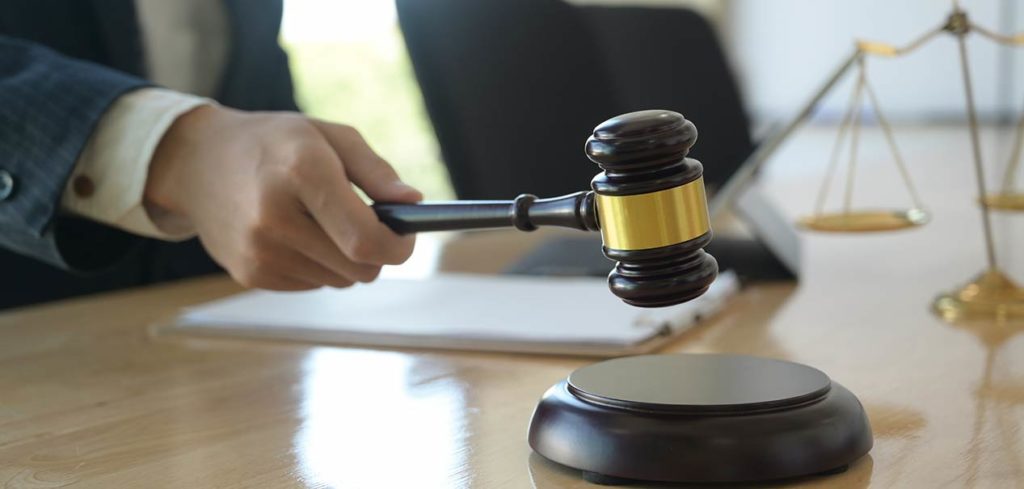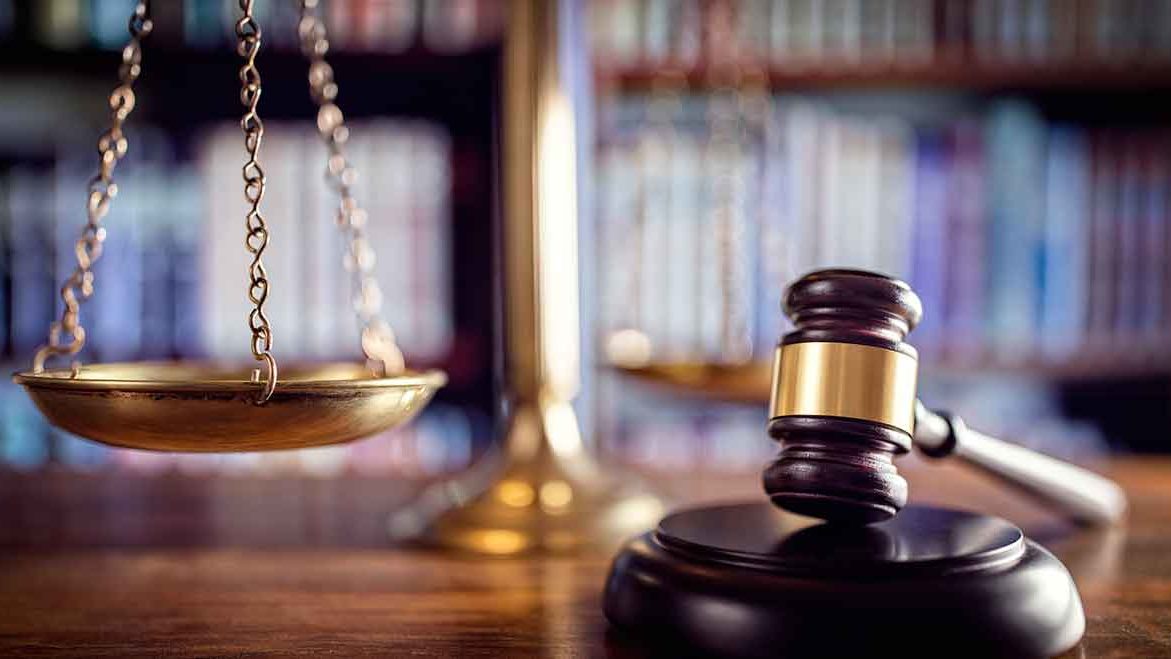Here is what you need to know about Preliminary Examinations.
A Preliminary Examination is a Right of the Defendant. An expert criminal defense attorney can use this hearing to turn the tables on the prosecution.

Preliminary Examination in District Court
A person charged with a felony (or high misdemeanor) has the right to have a preliminary examination at the district court level within 21 days of his arrest. This statutory right is called the “21-Day Rule.”
Most defendants with retained criminal defense counsel waive the 21-day rule to give them the necessary time to prepare the case and seek a district court resolution. The defendant can turn the tables on the prosecution with an expert’s perspective on preliminary examinations.
At a preliminary exam (also known as a “probable cause” hearing), the prosecution has to show that a crime has probably occurred, and it is more likely than not that the person charged is the person who likely committed the offense. Unlike the “beyond all reasonable doubt standard” at trial, the probable cause standard at this stage is low. Most cases are bound over to the circuit court. Courts generally hold that the evidence presented at the preliminary examination must be viewed “in the light most favorable to the prosecution.” The judge resolves issues of credibility or conflicting evidence in favor of the prosecution when deciding if there is probable cause that the defendant committed a felony.
A Preliminary Examination is Not a Trial
The district court judge assigned to the case will decide whether the prosecution has met its burden of proof at a preliminary examination. The prosecution presents its case first. The government does not have to present all evidence, just enough to meet the probable cause standard.
The defense has the right to cross-examine prosecution witnesses. If the defense chooses, it can also present evidence and witnesses; however, that is rare. The defense does not present evidence at the preliminary examination for various reasons. Even in the best circumstances, the judge will find that the defense witnesses or evidence creates a “question of fact” for the jury to decide. By presenting evidence with little hope of an impact, the defendant unnecessarily reveals defense-friendly evidence or defense strategy with nothing gained. There are some limited cases where defense evidence or witnesses are so compelling and overwhelming that presenting the evidence at a preliminary examination may be appropriate. Generally, offering defense evidence at a preliminary examination is akin to playing poker with your cards turned so everyone at the table can see them.
After all testimony and evidence have been presented and the prosecution and the defense rest, arguments are made regarding whether the case should be “bound over” to the circuit court. If the judge orders the case to be bound over, they determine if there is enough evidence for each charge. The prosecution will argue that they have met their burden of proof and ask the judge to bind the case to the circuit court on all charges contained within the complaint. They will frequently ask for additional charges if the evidence presented would justify new charges. The defense usually argues that the prosecution has not their burden and will ask the judge to dismiss one or more of the charges or, in the alternative, reduce one or more of the charges to a misdemeanor. The prosecution gets the first and last argument because they have the burden of proof. There are cases where the judge will increase, decrease, or even add additional charges on his own (sua sponte) if they feel the modifications are justified.

What if the Defendant Waives the exam, but the prosecution demands one?
The right to a preliminary exam belongs to the criminal defendant and the prosecution. The court will proceed with the preliminary examination unless the prosecution and the defendant decide to waive the exam (voluntarily give up the right to a preliminary examination). A preliminary examination in district court can take minutes or days, depending on the volume of evidence and the charges’ seriousness.
Should the Defendant Waive or Hold the Preliminary Examination in District Court?
This decision is exceedingly complex. There are innumerable reasons to hold or waive the preliminary examination. Every case is different, and the defense must decide whether to hold the exam on a case-by-case basis. Holding or waiving a preliminary examination might be helpful, hurtful, or not impact the case.
A Defendant May Want to Waive Their Preliminary Examination in the Following Circumstances:
- They intend to plead guilty or plea bargain. If the prosecution’s case is strong and the defendant intends to plead guilty or no contest, waiving the preliminary examination will save time, court resources, and money. Under these circumstances, holding the preliminary examination can only cause problems because it will create a new record (transcript) of the offense for the judge and circuit court prosecutors. Testifying can inflame a victim who will later make a “victim’s impact statement,” which can cause an otherwise cooperative prosecutor to become an uncooperative nemesis.
- If the defendant believes that the witnesses against them are unlikely to show up or testify at trial, holding a preliminary examination can have a disastrous impact on the defense. Suppose the court rules that the prosecution witness is not available at trial and there was a preliminary examination in district court. In that case, the judge will likely find that the preliminary examination transcript (the record of the witness’s testimony) is admissible at trial instead of the witness’s live testimony. In other words, a case will go forward at trial with the preliminary examination transcript instead of the judge dismissing the case.
- If the testimony is likely to bring out facts that could lead to additional or more severe crimes. The judge at the preliminary examination can add new charges or increase the severity of the charges. If the prosecutor who issued the complaint failed to include prospective felony or misdemeanor charges, the judge or prosecutor could add additional charges.
- If the defendant intends to plead guilty anyway, the circuit judge might rule that the sentencing guidelines are higher based on testimony taken at the preliminary examination. The judge uses the Michigan Sentencing Guidelines to determine if the defendant should go to jail and, if so, how long the sentence should be. The guidelines are determined based on the defendant’s criminal history and the facts of the case. It may be that facts justifying higher guidelines are brought to light because of the testimony admitted at the preliminary examination.
- If a plea bargain or sentence bargain is the defense strategy, holding a preliminary examination may sabotage a good deal. Prosecutors occasionally agree to a favorable deal at sentencing in exchange for a preliminary examination waiver. Even if the prosecutor does not make a deal for a waiver, they will likely give some positive credit towards a resolution in the circuit court. When a defendant seeks a sentence agreement in the circuit court, judges frequently ask for the prosecutor’s opinion. The prosecutor’s response to the judge will be impacted by whether the defendant waived or held the preliminary examination and the evidence produced.
A Defendant May Want to Hold His District Court Preliminary Examination in the Following Circumstances:
- The defense can expose weaknesses in the prosecutor’s case at the preliminary examination. Even if the preliminary examination does not result in a dismissal of the case, bringing light to the shortcomings of the prosecution’s evidence may make the prosecution more likely to engage in favorable plea negotiations. A circuit judge might be inclined to impose a lenient sentence in light of mitigating evidence produced at the preliminary examination hearing. Of course, the risk in holding the examination is that the evidence or testimony may have the opposite effect. Holding a preliminary examination to expose mitigating evidence should be approached very cautiously.
- The preliminary exam will allow testimony that the defense can use to impeach a witness at the trial. Eliciting testimony is essential if a witness has credibility problems or is likely to change their testimony or lie at trial. An experienced trial lawyer will use the preliminary examination to judge how credible a witness may later be at trial.
- The defense attorney might use a preliminary examination to determine if pretrial motions are appropriate or to develop evidence for such a motion. For example, a defense lawyer can use the preliminary examination to preview an officer’s testimony regarding an alleged confession before an evidentiary hearing.
- If the witnesses or victims are unlikely to appear at the preliminary exam, the court may dismiss or reduce one or more of the charges in the case. The judge will almost always give the prosecution one or more adjournments of the preliminary examination to locate and subpoena any uncooperative witnesses. If a witness fails to appear at the preliminary examination, the prosecutor may ask for a warrant for the witness’s arrest (called a “Material Witness Warrant”). The case would be dismissed without prejudice and re-filed when the witness is located. Dismissal at the preliminary examination is always without prejudice, meaning temporary, and can be re-filed at any time the prosecution is ready to proceed.

An Experienced Criminal Defense Lawyer Can Help
The decision to hold or waive a preliminary is complex, and the list above is not exhaustive. An experienced criminal defense lawyer will know how to weigh the advantages and disadvantages of holding or waiving a preliminary examination and give you the best possible advice. Ultimately, the defendant must decide to hold or waive the exam; they are free to accept or disregard his attorney’s advice. If you trust your attorney, it is advisable to rely on their advice.
Call us today at (248) 263-6800 for a free consultation or complete an online Request for Assistance Form. We will contact you promptly and find a way to help you.













